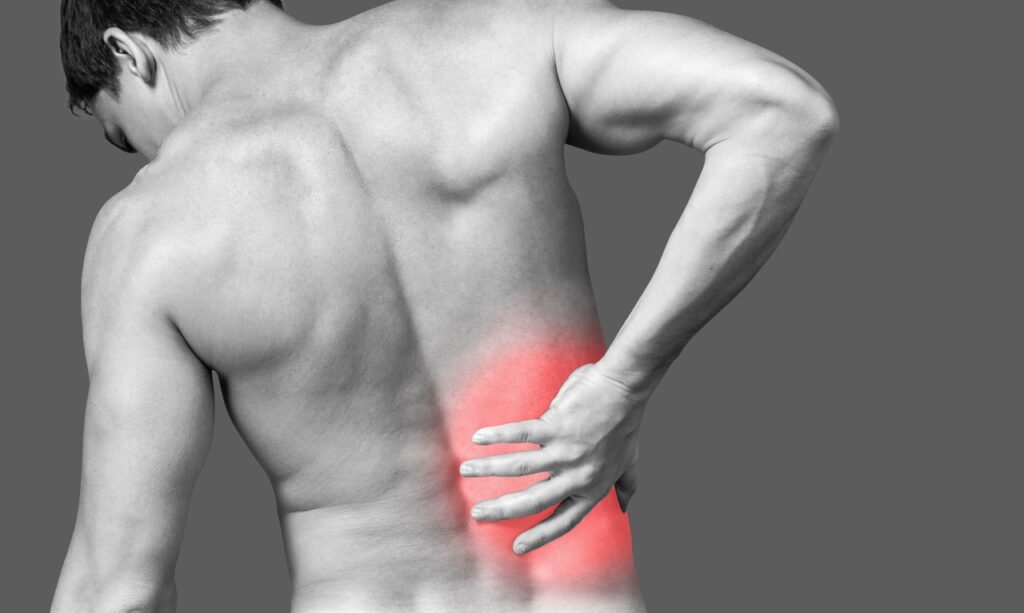Plano TX Neurosurgery – Its Benefits for Degenerative Disc Disease

Image sourced from Freepik
Plano TX Neurosurgery is one of the most effective and reliable back pain solutions, especially for spinal disorders like degenerative disc disease, herniated disc, scoliosis, spondylolisthesis, etc.
Back pain has diverse symptoms, ranging from a muscle aching to a shooting or stabbing sensation in your spinal muscles. Sometimes, the pain radiates down your leg, causing severe pain when someone bends, twists, lifts, stands, or walks.
What is degenerative disc disease? What are the symptoms of this spinal disorder? How effective is Plano TX Neurosurgery performed via a minimally invasive approach to treat degenerative disc disease? In today’s article, we will answer these questions. Read on!
Degenerative Disc Disease
It is a common disease that causes pain in the neck and lowers back. According to MINT’s qualified neurosurgeons, degenerative disc disease refers to neck or back pain caused by problems, such as wear and tear, on a disc in a person’s spine.
Research shows that a healthy young adult’s intervertebral discs have 90% of the fluid. However, the fluid decreases over time and makes the disc thinner. A small distance between vertebrae makes it difficult for discs to act as shock absorbers.
Degenerative disc disease also results from cracks in the disc’s outer layer, seeping the soft material in the inner part through the tears or cracks. As a result, you experience a ruptured disc. Sometimes, the disc breaks into fragments, causing severe pain.
Degenerative disc disease can cause weakness, discomfort, numbness, and pain in your arms and legs, known as radicular pain. It can cause severe discomfort and pain in your lumbar spine.
Common symptoms of a damaged disc are painful aches in your spine. Remember, this pain may spread to your upper thighs, groin, and buttocks. If your pain persists for more than four weeks, it is time to talk to your doctor.
Degenerative Disc Disease – Back Pain Solutions
Back pain solutions for degenerative disc disease include physical therapy, occupational therapy, exercises, weight loss, medications, and surgery. Depending on the severity of the symptoms, your doctor may prescribe your steroidal injections to reduce discomfort and pain in your back.
If you have mild pain, you can take medications, such as Tylenol and NSAIDs like ibuprofen and naproxen to reduce painful symptoms. Some doctors also prescribe opioids and muscle relaxants to relieve pain in your back. In addition, proper posture is crucial to decrease the painful episodes. Continue reading!
Plano TX Neurosurgery for Degenerative Disc Disease
Minimally invasive surgery has become popular in recent years because it leads to fewer complications, unlike traditional open back surgery. Not only does minimally invasive techniques preserve your spine’s anatomical structures, but it also leads to quick and efficient recovery. The following Plano TX neurosurgery techniques are effective treatment options for degenerative disc disease.
Minimally Invasive Microdiscectomy
Discectomy performed via minimally invasive technique at MINT is a practical approach to treat degenerative disease. A growing body of research evidence highlights that discectomy has shown promising outcomes for patients, especially in the postoperative period.
At MINT, our neurosurgeons perform tubular microendoscopic discectomy to treat severe back pain resulting from degenerative disease. Percutaneous endoscopic microdiscectomy performed with a minimally invasive method is another successful approach to treat degenerative disease.
Transforaminal Lumbar Interbody Fusion
Minimally invasive TLIF is one of the most effective treatment options for degenerative or isthmic spondylolisthesis. Not only does this surgical procedure is effective for degenerative spine pathology, but it can also treat disc herniation and spondylolysis.
Besides, TLIF can preserve your spine’s natural posterior tension band. Our surgeons use tubular retractors to split muscles, leading to a reduced risk of injury to your ipsilateral paraspinous musculature. As a result, you don’t experience intense pain during the postoperative period.
Lateral Lumbar Interbody Fusion
Minimally invasive LLIF is a modified version of ALIF surgery, combining its biologic and biomechanical benefits. Numerous research studies have shown that LLIF is an effective technique to treat degenerative disorders.
LLIF is a powerful Plano TX Neurosurgery technique used by MINT’s qualified and experienced surgeons to restore your spinal alignment. It can also correct your coronal curve in the lower back.
Contact MINT, Plano, TX
Back pain is a common health condition resulting from various spinal disorders, including degenerative disc disease. Conservative treatment options, such as medications, steroidal injections, exercises, physical therapy, and acupuncture, can treat acute episodes of pain. However, consulting our neurosurgeon at MINT for Plano TX neurosurgery becomes crucial if your pain does not go away within a few weeks.
